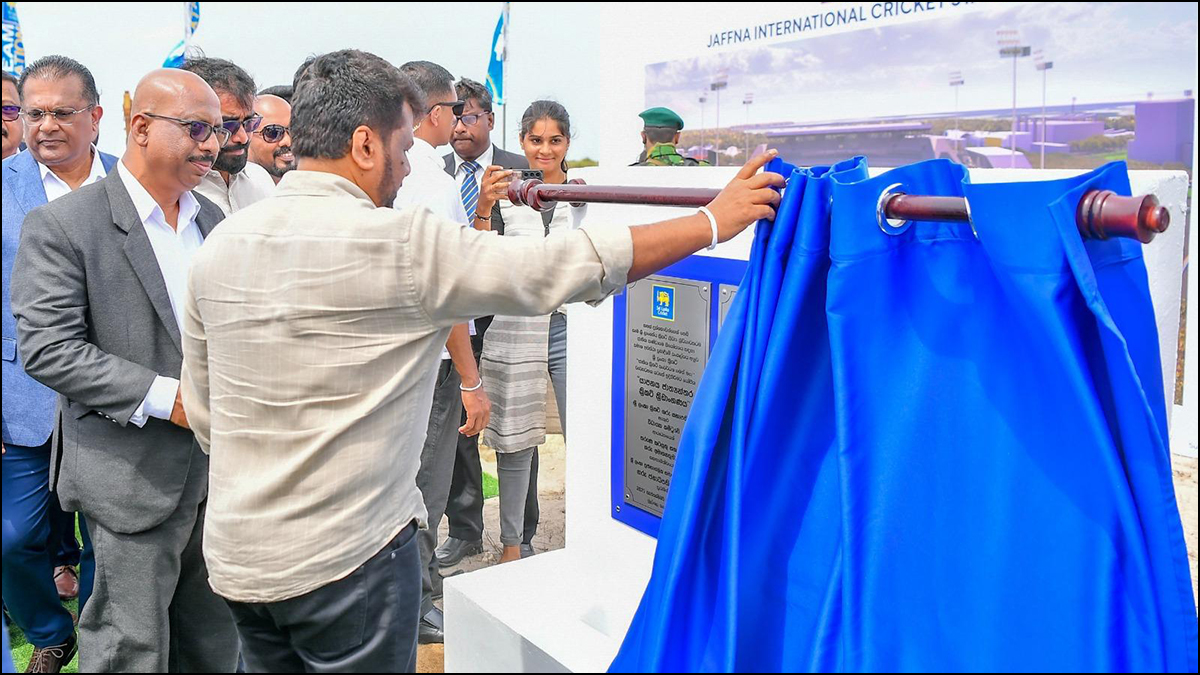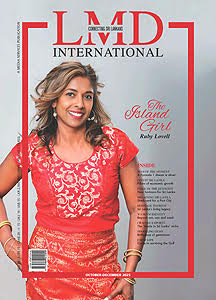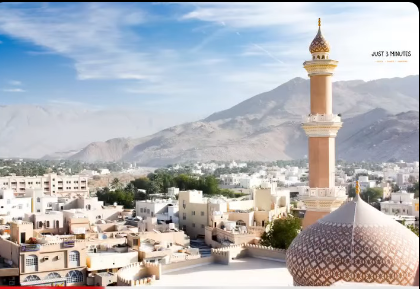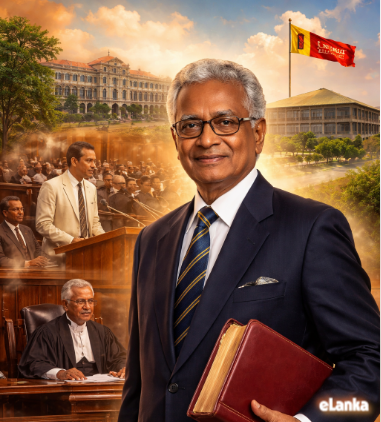Sri Lankan Unity, Cricket, and Community: Analysing Anura Dissanayake’s Efforts and the Mandaitivu Stadium Proposal – By Dr Harold Gunatillake
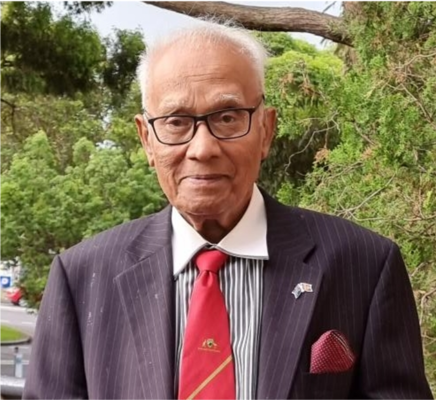
Image Source : srilankamirror.com
Balancing Political Progress, Social Cohesion, and Environmental Responsibility
Introduction
Sri Lanka’s journey towards lasting unity between its northern and southern regions has been shaped by a rich history and the hopes of its people. Anura Dissanayake has emerged as a pivotal political figure, promoting reconciliation, development, and national cohesion. Recent policy efforts and increasing political support for Dissanayake’s approach show encouraging progress; yet, they also raise important questions about maintaining genuine goodwill, ensuring inclusive consultation, and pursuing responsible development—particularly with the proposal to build an international cricket stadium on Mandaitivu Island.
Siva Kumaran of Sydney’s initiative on this project.
Siva Kumaran, a community leader of significant influence, has owned the Blue Elephant Restaurant for many years and serves as the Managing Director of the Waldorf Hotel in Pennant Hills. He has now embarked on a new journey as a freelance event organiser, specialising in celebrating special occasions, especially wedding receptions for the Indian community in Sydney.
Image Source : facebook
Siva’s influence and impact are felt in his active involvement in charity work, both in Sydney and Jaffna, Sri Lanka. As an alumnus of Jaffna Hindu College, his dedication to his alma mater is evident, as seen in the photos that reflect his pride. Besides his work and charity efforts, Siva has a passion for cricket. He is currently involved in a project to build a cricket pavilion at the Jaffna cricket grounds, with the hope of hosting test matches there, expanding the sport’s reach beyond traditional venues like Galle and Dambulla.
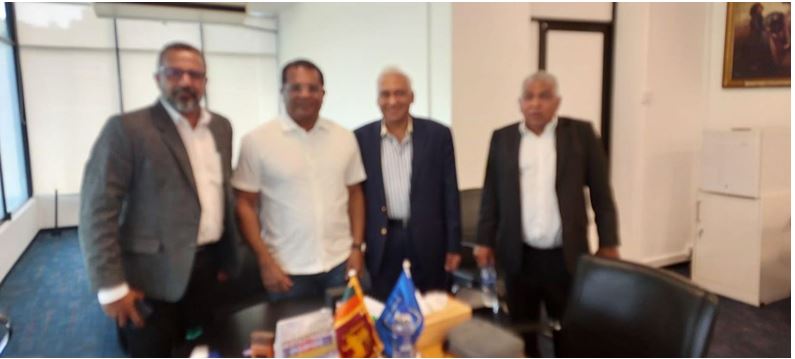
Kennedy J Michael, Sam Silva, President Cricket (Sri Lanka), M. Sivakumaran, Lal Medawatte
Political Landscape: Growing Support for Unity Policies
A variety of political parties and leaders have warmly embraced Dissanayake’s dedication to bridging the north-south divide. His focus on providing equal opportunities, investing in infrastructure, and promoting cultural exchange truly speaks to communities that have faced conflicts for many years. Recently, parliamentary debates and cross-party teamwork have highlighted a hopeful move toward a more inclusive political landscape, where unity takes centre stage over partisan differences. This increasing support is vital for making reconciliation efforts lasting and credible, helping ensure that these policies are not only implemented but also sustained through political changes.
Sustaining Goodwill: The Need for Ongoing Communication and Consultation
While initial successes have brought a sense of hope, maintaining that goodwill in the long run requires more than just policy announcements. It’s essential to stay open and honest in your communication with everyone involved — from local leaders to grassroots organisations — to build genuine trust and address concerns as they come up. Genuinely listening to and involving different voices, rather than just going through the motions of engagement, ensures policies remain relevant to everyone’s changing needs. Hosting regular forums, creating accessible feedback channels, and encouraging participatory decision- making all help strengthen community bonds, clear up misunderstandings, and prevent divisions from deepening.
Cricket as a Unifying Force
Cricket holds a special place in Sri Lankan society, crossing ethnic, religious, and regional boundaries. The sport has been a source of national pride and collective achievement, uniting people even during challenging times.
Hosting international matches in northern areas like Mandaitivu would carry meaningful symbolic value—showing equal recognition, celebrating shared passions, and encouraging mutual
respect. These efforts could help bridge the psychological and cultural gaps between communities, reinforcing the idea that unity is not just a political concept, but also a profoundly social and emotional one.
The Mandaitivu Stadium Proposal: Vision and Intended Benefits
The plan to build an international cricket stadium on Mandaitivu is an exciting step forward. It could boost the local economy, put Mandaitivu on the global sporting map, and act as a meaningful symbol of reconciliation. Supporters believe the stadium will attract investments, create new jobs, and offer young people inspiring opportunities for sports and growth. Choosing Mandaitivu is particularly meaningful, as it represents the coming together of the North into the broader national story and provides a real space for events that promote unity.
Ecological Concerns: Mandaitivu’s Environmental Sensitivity
Mandaitivu is cherished for its unique and delicate ecosystem, which features mangroves, wetlands, and a diverse array of plants and animals. Construction projects, such as stadiums, can unintentionally disturb these fragile habitats through land clearing, increased traffic, and waste disposal. Environmentalists and locals are concerned about the risks of habitat loss, water pollution, and long-term ecological changes. That’s why any development on the island should follow careful environmental reviews, embrace sustainable building methods, and include ongoing monitoring to protect this beautiful biodiversity for future generations.
Community Consultation: Engagement and Transparency
The extent of community involvement in the planning and approval of the Mandaitivu stadium remains a subject of public debate. While some consultation has reportedly occurred, concerns persist regarding the depth and transparency of these processes. Meaningful engagement should go beyond formal hearings, ensuring that local voices—especially those most affected—are actively included in decision-making. Transparent sharing of information, open forums for discussion, and genuine responsiveness to feedback are vital for building trust and securing broad-based support. Without robust consultation, even well- intentioned projects risk alienating communities and undermining the goals of unity and development.
Conclusion: Balancing Unity, Development, and Environmental Stewardship
Anura Dissanayake’s efforts to foster north-south unity in Sri Lanka have achieved notable progress, reflected in growing political support and ambitious initiatives such as the Mandaitivu cricket stadium proposal. However, genuine reconciliation and sustainable development depend on ongoing communication, inclusive consultation, and responsible environmental stewardship. The symbolic power of cricket, if harnessed thoughtfully, can unite communities—provided that local voices are respected and ecological concerns addressed. Moving forward, policymakers must strike a balance between the aspirations for national unity and the imperative to protect Mandaitivu’s sensitive ecosystem and uphold the principles of transparent and participatory governance.



